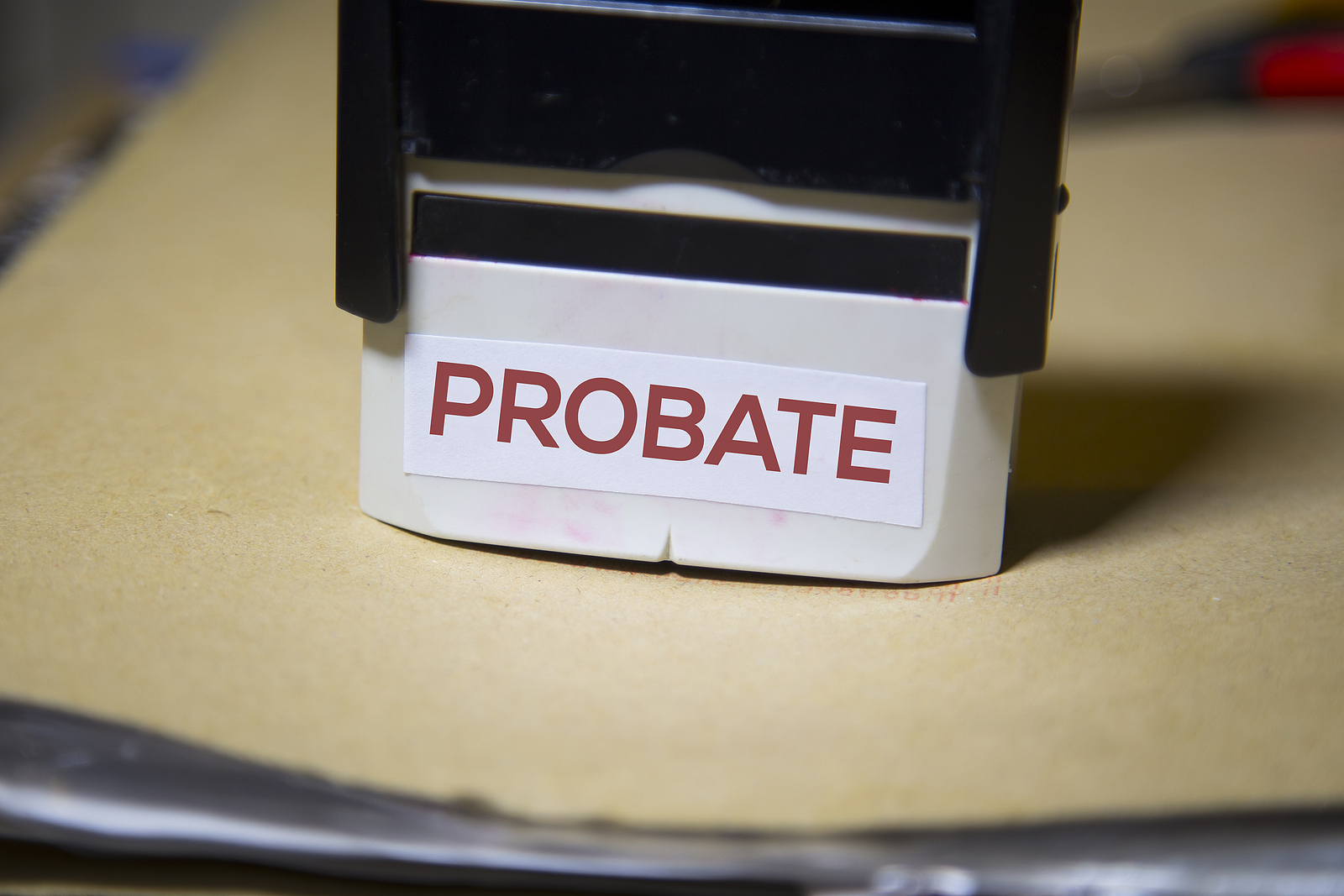Who Handles Decisions Regarding Real Estate During the Probate Process?
Handling the probate process can be extremely complicated, depending on the size and nature of the assets in the deceased person’s estate. Usually, California residents leave a will or trust that names a person to make critical decisions, such as how to handle real estate left by the decedent.
The person in charge is often called the executor and is usually someone close to the deceased, such as their spouse, child, or close friend. If the decedent did not leave behind a will or other estate document, the court may appoint someone to fulfill this role.
If you are going through the probate process on behalf of a loved one, either as the executor or estate administrator, you may face unique challenges, including how to handle real estate left behind by the decedent. Please reach out to our attorneys specializing in probate property for help at every step of the probate process. We can advise you on how to deal with real estate transactions and other essential probate matters. Call today at 916-894-8790.
Executor
The executor has several critical responsibilities, including making decisions regarding homes and properties in the estate. The executor may need to resolve disagreements between beneficiaries, pay debts owed to creditors, and ensure taxes are paid in full. Call our law firm immediately to help with your duties as an estate executor.
Close Family Member
A close family member may assume this role if an executor is not appointed in the decedent’s will. This should be done according to the court’s instructions. The person appointed to act as estate administrator has a similar role to that of executor.
The Court
If the decedent did not name an executor and a close family member cannot be appointed to this role, the California court system may handle decision-making regarding the estate, including matters of real estate transactions. According to California law, the order of priority for who may be appointed as a personal representative is first a surviving spouse or domestic partner, then a child, then a grandchild, then a parent, and then a sibling.
How Are Probate Real Estate Properties Sold in California?
Before a property left behind by the deceased person can be sold, it must pass through the California probate process. This includes determining what debts remain unpaid and distributing remaining assets to beneficiaries according to the decedent’s wishes. Once the probate process is complete, the property may be sold in a manner similar to any other real estate transaction.
Real Estate Agency
One of the most common ways of selling property that has passed through probate is by hiring a real estate agent to represent your interests and help you find a buyer. Your probate property legal counsel can help you find a suitable real estate agent to meet your needs and help you complete the transaction successfully.
Auctions
In some cases, the probated property may be sold in public or private auctions. Auctions can be beneficial for individuals hoping to drive up the price of the property.
Private Sale
Another method used for selling probate property is through a private sale. This is commonly known as selling “by owner,” and refers to transactions facilitated by the property owner rather than a real estate agent. In probate properties, a probate attorney can be of great use in negotiating a fair deal and ensuring the legal rights of all parties are protected.
What Are Some Key Legal Considerations When Buying and Selling Probate Property in El Dorado Hills?
Disclosure Laws
Anyone selling properties in California should take care to ensure that disclosure laws are completely fulfilled. This includes advising potential sellers of significant problems with the home or building. To be sure you are not violating California’s disclosure laws, you should consult with a trusted legal representative who is familiar with probate real estate law, such as the attorneys at Yonano Law Offices, P.C.
Responsibilities of Estate Administrator
The estate administrator, or executor, should also seek court confirmation if they are not granted full authority over the estate. However, executors with full authority under the court usually do not need court approval for the real estate transaction. To understand your authority as an estate administrator and for help working with the courts during probate real estate transactions, contact our law offices immediately.
Can Our El Dorado Hills Probate Lawyers Help You?
When facing the probate process in El Dorado Hills, many executors feel overwhelmed and unsure about their rights or how to proceed. Any real estate transaction includes risks that can be mitigated by hiring an attorney to protect your legal rights. At Yonano Law Offices, P.C., we have extensive experience helping clients through the probate process, including probate real estate deals.
When you hire our legal team, you will have someone on your side to resolve disputes, represent your interests, and ensure the role as executor is completed accurately according to California law. We will also help you craft the best real estate deal for your unique situation. We can assist with other aspects of probate, such as paying off creditors, distributing assets to beneficiaries, and handling estate taxes.
Don’t go through this complicated, stressful process alone. Reach out to our legal team today to learn more about how we can help. Call 916-894-8790 to speak with our caring, capable legal team and schedule your initial consultation.




